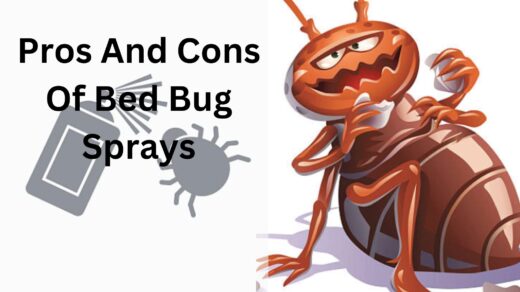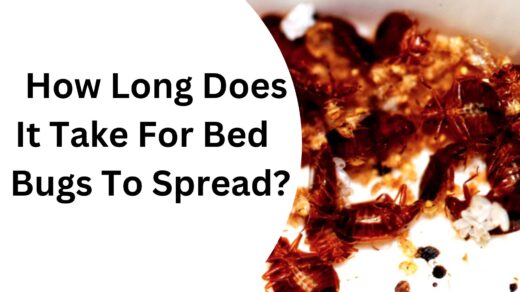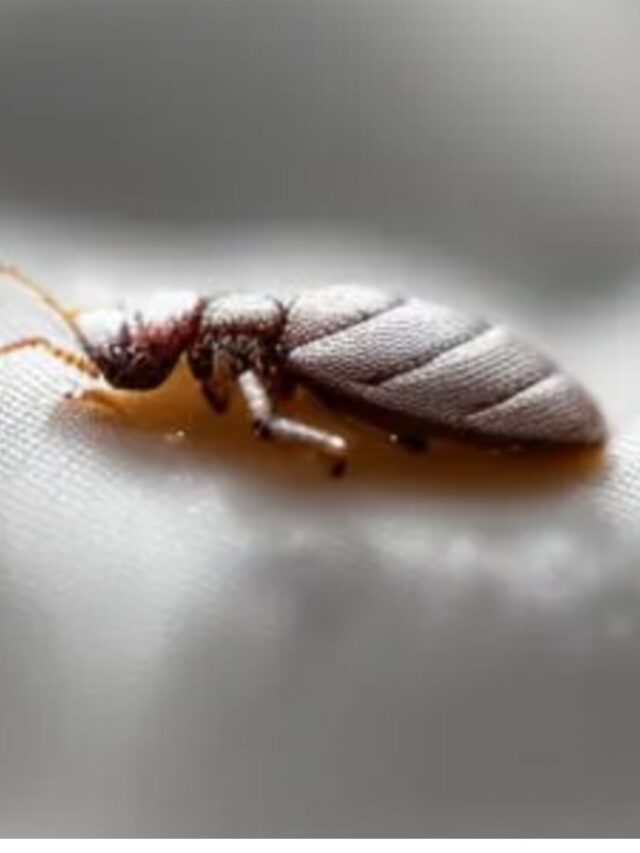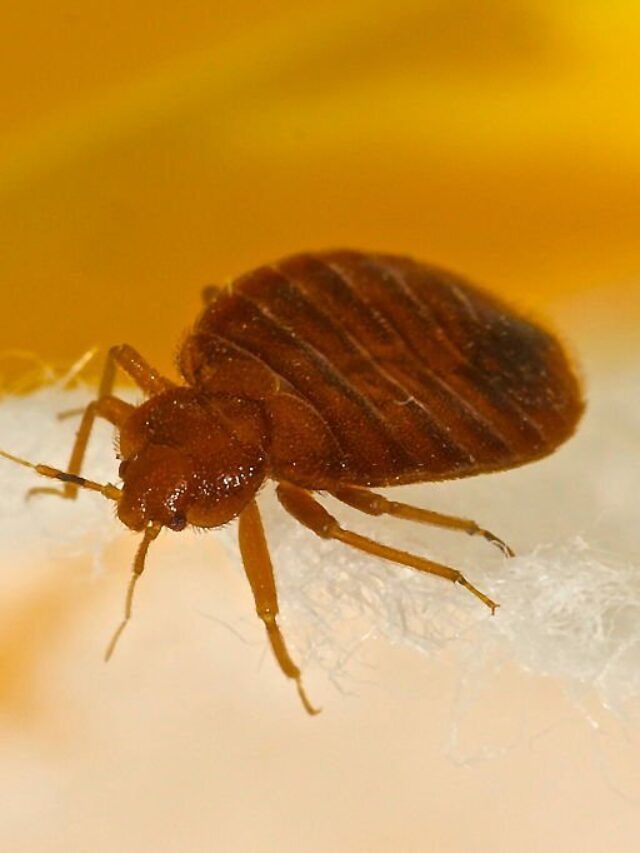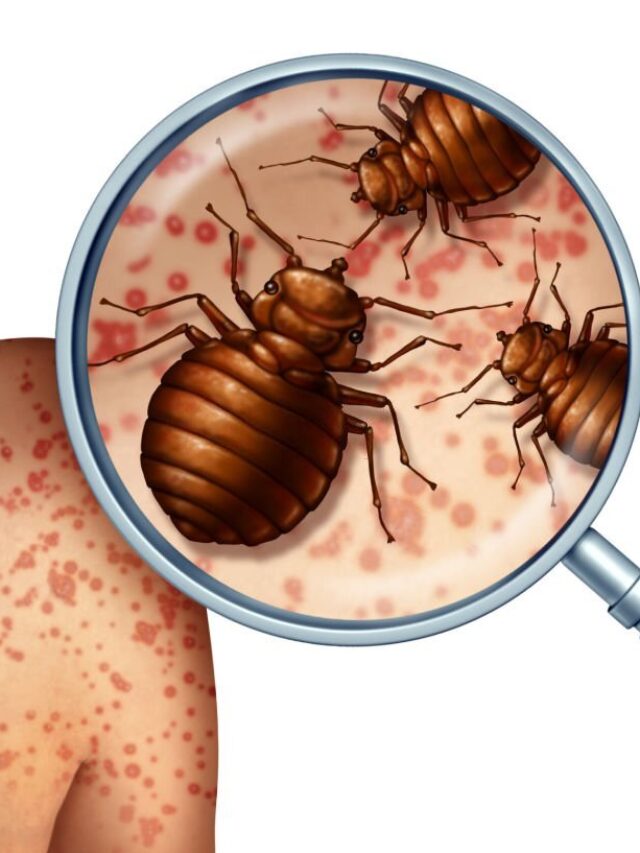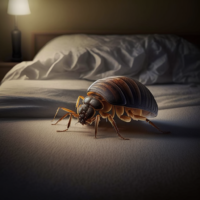Finding bed bugs in your home can be really scary and upsetting. It can make you feel anxious, stressed, and even sad. Here, will talk about how bed bugs can make people feel bad and affect their mental health.
Fear and Anxiety The mere thought of bed bugs can be enough to cause fear and anxiety for many people. The fear of bed bugs often stems from the idea that they are dirty and associated with poor hygiene. This belief is not necessarily true, as bed bugs can infest even the cleanest of homes. However, this fear can cause individuals to feel ashamed and embarrassed about their situation, leading to isolation and social withdrawal.
Additionally, the fear of bed bugs can cause anxiety and paranoia. Individuals may experience panic attacks and obsessive-compulsive behaviors such as excessive cleaning and checking for bed bugs. These behaviors can further exacerbate their fear and anxiety, creating a vicious cycle of negative emotions.
Insomnia Bed bugs are nocturnal insects that feed on blood, often biting their victims while they sleep. This can lead to a fear of sleeping and insomnia, as individuals may feel uncomfortable and anxious about being bitten. Lack of sleep can have a significant impact on mental health, causing irritability, mood swings, and difficulty concentrating.
Having bed bugs can make people feel really sad, especially if they already have mental health problems. The stress of dealing with bed bugs can make them feel like they can’t do anything to solve the problem, which can make them lose interest in things they used to enjoy and feel worse overall.
Some people think that if you have bed bugs, it means you’re dirty or poor. This can make people feel really embarrassed and ashamed, and they might not want to ask for help or talk about it with others. They might feel like they’re all alone and not know what to do. But it’s important to remember that anyone can get bed bugs, and it’s nothing to be ashamed of.
When you have bed bugs, it can be hard to feel good. But there are things you can do to help yourself feel better. You can talk to someone you trust, do things that make you happy like exercising or relaxing, learn about bed bugs to feel more in control, and ask a professional for help if you need it.
- Seek support: Talking to friends, family, or a mental health professional can help individuals cope with the stress and anxiety of dealing with bed bugs. Support groups can also provide a sense of community and understanding.
- Practice self-care: Engaging in self-care activities such as exercise, meditation, and relaxation techniques can help individuals manage their emotions to reduce stress.
- Educate yourself: Learning about bed bugs and their behavior can help individuals feel more empowered and in control of their situation. Knowing how to prevent and manage bed bugs can also reduce anxiety and fear.
- Seek professional help: If the emotional impact of bed bugs is too much to handle on your own, consider seeking the help of a mental health professional who can provide guidance and support.
Conclusion :
Bed bug infestations can have a significant psychological impact on individuals, causing fear, anxiety, insomnia, depression, and social stigma. It is important to recognize the emotional toll that bed bugs can have and to seek support and professional help when necessary. Knowing how bed bugs can make you feel and doing things to help yourself can make you feel better when you have them. If you understand that having bed bugs can make you feel bad, you can use things like talking to someone, doing things you enjoy, and learning about bed bugs to feel better.
Below are the some Frequently asked questions :
Q.1 How to cope with Bed Bug Anxiety?
A. Bed bug anxiety is a common problem among people who have experienced a bed bug infestation or have a fear of encountering them.
Here are some tips to help cope with bed bug anxiety:
- Educate yourself about bed bugs: Learn about bed bugs and their behavior, including how to identify them, how they spread, and how to prevent infestations.
- Maintain good hygiene: Keep your home clean and clutter-free, and regularly wash bedding and clothing in hot water. This can help prevent bed bugs from infesting your home.
- Use bed bug detection tools: Bed bug monitors and traps can be used to detect the presence of bed bugs and help alleviate anxiety about potential infestations.
- Seek professional help: If you have a bed bug infestation, it’s important to seek the help of a professional pest control company. They can help eliminate the infestation and provide advice on preventing future infestations.
- Practice relaxation techniques: Anxiety can be overwhelming, but practicing relaxation techniques such as deep breathing, meditation, or yoga can help reduce stress and anxiety.
Remember, bed bugs are not a reflection of your cleanliness or hygiene. They can infest even the cleanest of homes, so it’s important to take proactive steps to prevent and manage infestations.
Q.2 What is bed Bug Psychosis?
A. It is just natural for you to become paranoid, you lose sleep, you end up dreaming and thinking about bed bugs – they just consume every fiber of your being. One study of people exposed to bed bugs found about half reported sleep difficulties and social isolation associated with the infestation.
Q. 3 How do you get over Bed bugs mentally?
A. Dealing with a bed bug infestation can be a stressful and overwhelming experience, and it can take time to fully recover from the emotional impact. Here are some tips to help you get over bed bugs mentally
- Do not feel that you are alone in this situation.
- Stay positive and do positive self talk
- Do not sit in the room, go outside
- Remember, Bed bugs are same as other type of bugs and can be killed easily.
- Do exercise and talk to people, friends family about the problem.
- Do Everything in your power to get rid of the bed bugs.
Q. 4 Are bed Bugs traumatizing ?
A. Yes, bed bugs can be traumatizing for many people. These tiny insects feed on human blood and typically bite at night while people are sleeping. Bed bug bites can cause itching, swelling, and even a rash in some cases.
Discovering an infestation of bed bugs in your home can be extremely distressing and stressful. Many people feel violated, dirty, and embarrassed when they find out they have bed bugs, even though it is not a reflection of personal hygiene or cleanliness.
Getting rid of bed bugs can also be a long and expensive process, which can add to the stress and trauma of dealing with an infestation. Some people may even experience post-traumatic stress disorder (PTSD) as a result of a bed bug infestation.
It’s important to take steps to prevent bed bugs, such as inspecting hotel rooms before staying in them and regularly checking your home for signs of an infestation. If you do discover bed bugs, it’s essential to seek professional help to eliminate the problem as quickly as possible.
Q. 5 What illness are caused by bedbugs ?
A. Bed bugs are not known to spread disease. Bed bugs can be an annoyance because their presence may cause itching and loss of sleep. Sometimes the itching can lead to excessive scratching that can increase the chance of a secondary skin infection.
Q. 6 What is the irrational bed bug fear?
A. Summertime is prime time for developing entomophobia, a fear of bugs such as ticks as well as other mites like scabies, bed bugs, and lice. Entomophobia is oftentimes referred to as acarophobia or insectophobia.
Q. 7 Are bed bugs due to poor hygiene?
A. Bed bugs are not a sign of a dirty home or poor personal hygiene. Bed bugs are not known to spread disease, but can be an annoyance because their presence may cause itching and loss of sleep. If you think you may have bed bugs, it’s very important to do a thorough inspection, and to begin treatment as soon as possible.
Q. 8 Why do bed bug infestations happen?
A. They can come from other infested areas or from used furniture. They can hitch a ride in luggage, purses, backpacks, or other items placed on soft or upholstered surfaces. They can travel between rooms in multi-unit buildings, such as apartment complexes and hotels.
